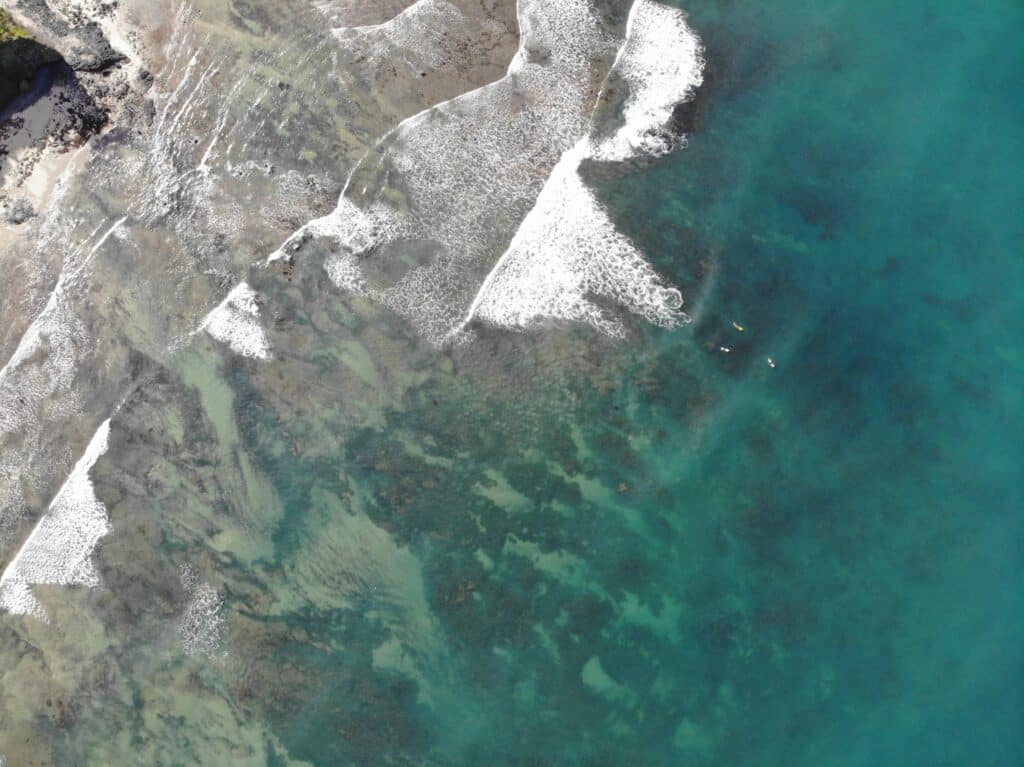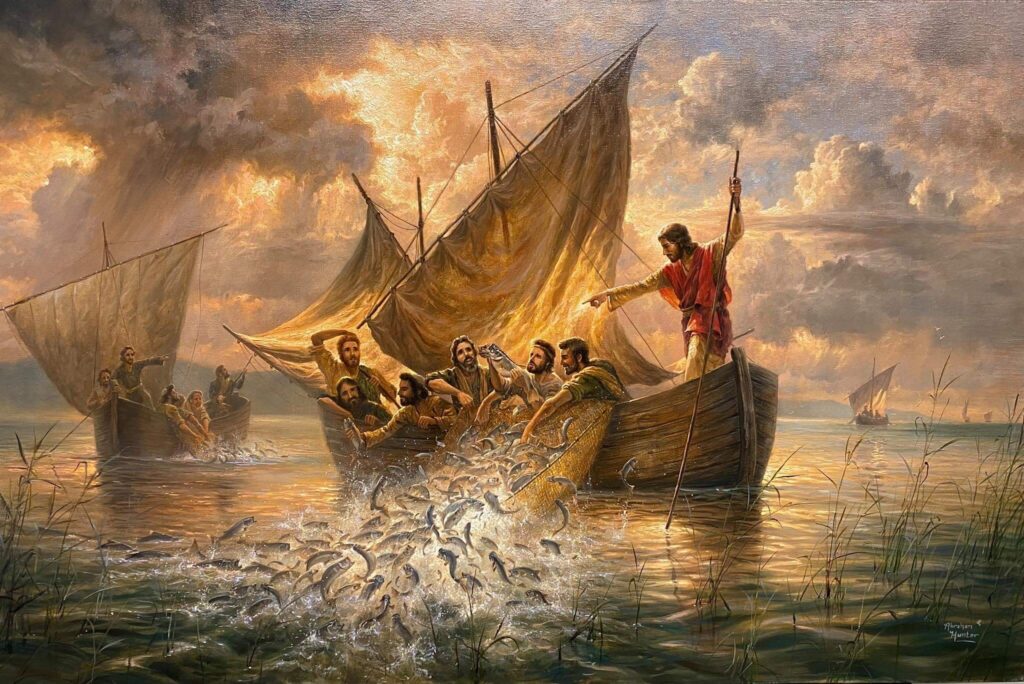![]()

![]()


we are joined by our friends at kam media for a hosted lunchtime feast showcasing the very best of our shores and the importance of adopting a sustainable future.
Sea buckthorn Cygnet gin fizz
drinks & networking
Maldon oysters & shallot vinegar
Maldon oyster farm – true carbon capture farming
Chapel Down grand reserve sparkling
Dorset crab croquette
Chapel Down Kit’s Coty Chardonnay
Pembrokeshire lobster skewer
Chris Weller – Arbikies, distilling with sustainability front & centre
Hampshire Chalk Stream trout tartare
Mark Chapman – Zero Carbon Forum – making incremental positive impact towards zero carbon
Cornish cuttlefish bolognese, duck fat toast
Chapel Down Kit’s Coty Bacchus
Poole & St Austell bowl of shells, Sussex sobrasada sauce
Hamish Stoddart – An operators perspective, the challenges of sustainability
Wild seabass, seaweed butter
Anne Jones, Limestone & Jones – developing a sustainable future for English wine
Oyster stout madeleine
After dinner drinks & networking
Arbikies rye whisky & vodka
Introduction
Our namesake, Faber (Zeus) being the Latin for the well-known John Dory fish has a rather distinct mark on its side. This mark is referred to in the bible, it is said to be the thumbprint of Peter the Apostle who, scriptures has it, was told by Jesus to row out into the sea of Galilee and cast his nets. After dropping a coin Peter reached in to pull a fish out that had swallowed it, to this day Peter the Apostles thumbprint remains on the John dory.
Sadly, the very name should act as a reminder to us all! The fish that is now found in abundance in UK waters was sadly over fished and stocks were obliterated in the sea of Galilee, the past may not have been aware of sustainability as we are today, but it remains a topic we should not forego lightly.
To this day Peter the apostle remains the patron saint of fisherman. An occupation to this day that carries many dangers and responsibilities.
The venue you sit in today is not just a restaurant, it’s a showcase to a sustainable British shoreline, it’s a reminder to what we should cherish and protect, one of our islands greatest assets both as a rich, nutritious source of food, energy, tourism and well being.

katy moses gives a clear insight into how our guests perceive the importance of sustainability & how it drives decisions
In the KAM Golden Years research conducted earlier this year, local sourcing was the 4th top preference in this age group (65 years plus), after location, changing menu and quality of staff., whilst sustainability was deemed important by 26% of respondents.
In this same research, the older generation is more accepting of price increases if foods are sustainably and ethically sourced.
Sustainability has a bigger effect on the 18-34 age group where, talking about sustainability and ethics via social media on the operators own channels over-indexes vs other ages groups. Building the brand story to include content around these areas resonates with this age group especially (it becomes less important as they get older) – and helps with brand loyalty.
In research completed last year for the BII, they found that 50% of guests want more sustainable food items, and 40% want more locally sourced items.
“I’ve been privileged to be a guest on two panels recently – one for Heineken UK and one for 4C Associates – where a key topic was around sustainability.
I’ll tell the truth, it’s an area I know only a little about (but have now learnt a lot more!) but hadn’t appreciated the scale of what sustainability in the hospitality industry actually means. And that it means different things to different people and businesses.
Jo Lynch, Account Director @ KAM:
“Sustainability is not a new topic. Consumers have been demanding sustainability in pubs and restaurants since before the COVID-19 pandemic, when more than four in five people expected hospitality businesses to have some form of eco-friendly qualities.Since then, operators have started making great strides in their bid to become carbon neutral, with most operators having business objectives to get to net zero. And it’s hot topic for UK Hospitality’s agenda with the government.”
Chris Hadfield discusses the benefits of growing demand for oysters and the positive impacts sustainable farming will have on our shorelines
For two decades, Richard Emans, his family, and their team have been growing some of the UK’s finest oysters in the waters of Goldhanger Creek in Maldon’s Blackwater Estuary in Essex. The river and its flat, untouched marshes are just 50 miles from London.
Maldon Oysters now manage 3,500 acres of the Blackwater, and they are fastidious in their research to ensure sustainable cultivation techniques produce the best quality oysters. The area is a Site of Special Scientific Interest (SSSI) and their ethos is always to work alongside this delicate ecosystem and the beautiful salt marshes that surround the estuary.
Over the past 20 years, they have introduced millions of oysters that they grow and cultivate alongside the native fishery they are re-instating. They’ve also led the market with our innovative approach to depuration by building a state-of-the-art purification and packing facility.
Chris Hadfield heads up our sales and production team, ably assisted by Waldek Babicz, who keeps everything running smoothly. With over twenty years of experience between them, you are in good hands. They take pride in driving standards and the company’s culture of blending the latest cultivation techniques with a timeless hands-on approach to growing fine oysters.

chris weller highlights what it takes to create a sustainable, generational distillery from day one
In the distillery, since day one, sustainability was a fundamental element of the business plan. The distillery was built with sustainability in mind; having photovoltaic panels on the roof and distillation co-products being returned to their fields as natural fertilisers or being fed to local highland cattle.
Their Highlanders are the oldest registered cattle breed in the world, appearing in 6th century AD in the Highlands and the Outer Hebrides islands of Scotland. Arbikie owner, Iain Stirling, refers to these natural beauties as our ‘recyclers’ as they are a vital component in regenerative farming and our natural environment, recycling our spent distilling grains to enrich our farmlands.
Since opening in 2014, they have been working on establishing a number of juniper plantations across their estate, planting approximately 1000 plants a year.
Juniper is not only critical to gin production, but the majority of the UK’s juniper species is currently under threat from a pathogen, so they decided we simply had to try and help.
Along with juniper plants they’ve planted 1000’s of hedges, peas and oak trees. Growing oak trees will take at least 50 years, but Arbikie Distillery is a long-term project of creating a legacy family business and this oak will allow them to have their own new oak casks for maturing whisky in the future when the next generation is running the distillery.
John Stirling:
“Our ethos at Arbikie from our inception has been to try and create world-class premium spirits where all ingredients are grown on our Single Estate farm. Minimising our carbon footprint and working with the wonderful home grown ingredients to create one of the world’s most sustainable distilleries.”
Meaning ‘nature’ in Gaelic, revolutionary Nàdar duo harness the power of nature and science to create the world’s first climate positive spirits, made from the most innovative and surprising ingredient – the humble pea. With a carbon footprint of -1.54kg CO2e per 700ml bottle of gin and – >1.53kg CO2e per 700ml bottle of vodka, Nàdar is at the forefront of fighting climate change and biodiversity loss, avoiding more carbon emissions than it produces.
At Arbikie, they make their own base spirit, which means that they have direct control over the crops they use to make the spirits. After years of study by Master Distiller, Kirsty Black, they concluded that peas were an ideal choice for the planet as the pea crop requires no nitrogen fertiliser.
Revolution should also taste great and these climate positive spirits do not disappoint.
ALL OF THE TASTE, NONE OF THE IMPACT.
Mark Chapman is the founder and CEO of the Zero Carbon Forum, a non-profit organisation which builds on 10 years of carbon reduction collaboration in the UK’s hospitality sector.
Imagine flooded businesses, parched farms, struggling customers who stay at home. It’s already happening — and a certainty we all face if we don’t get carbon in check. Not for 2050 — but right now. It’s not prediction anymore, it’s data. Now, it’s about more than just protecting the bottom line, but the planet and people that make everything about our business possible. And zero is the only way.
The good news is some of the most well-known names in hospitality and sustainability are already taking action together. The goals are set. The resources are in place. And we each know exactly what we need to do. 81% of companies are more focused on sustainability than they were just three years ago. That’s because to stay still is to fall behind. Not only do 62% of consumers prefer to buy from sustainable brands, but 90% expect companies to take environmental responsibility.
The Zero Carbon Forum is a non-profit organisation, empowering members to reach sustainability targets with more speed, efficiency, and profit as a united effort. With defined roadmaps backed by peers, government, and leading sustainability experts — together we’re on a path to survive and thrive.
hamish stoddart has been a proactive campaigner for the importance of sustainable practises in hospitality and now advises punch on tackling the issue head on.
In Hamish’s former role as head of Peach Pubs, he pushed forwards with assembling peers who were like minded in wanting to focus on Net Zero, learning from one another and collaborating with a wider field of organisations adopting best practise and taking an active role in the Race To Zero Report
With a portfolio of more than 1,300 pubs as well as offices, and a nationwide distribution and delivery system involving hundreds of vehicles, Punch recognise that the carbon footprint of our business represents a major environmental impact. We are tackling our environmental impacts through carbon management, waste reduction and sustainable procurement.
As a sustainable company, Punch promises to work with diverse communities to build an inclusive, resourceful, responsible and environmentally friendly business, enriched by local identities, their policy states:
Electric Adoption: Increase the current rapid electric charge points from a minimum of 10 into the Punch estate (including at Head Office) by the end of 2022 and ensure all new orders for company cars by the end of 2023 are for full electric.
Environmental Responsibility: Ensure a minimum of 50 pubs across our estate have Green Mark Accreditation by the end of 2022 Green Mark Accreditation at Jubilee House achieved in March 2021.
Waste Not: Roll out a food waste reduction programme across targeted pubs by the end of 2022.
Carbon Footprint: Recycle a minimum of 75% of all waste across our Management Partnerships business and continue to work with waste management providers to reduce, to zero where possible, waste to landfill.
Energy Efficiency: Conduct a review across our Management Partnerships estate of our utilities usage as well as securing favourable energy rates and sharing best practice with Publicans (over 600 agreed to date).
Sustainable Sourcing: Supply chain prioritisation based on ESG credentials.
Living with Less Plastic: After the removal of plastic straws across our estate, we will continue to look for ways to reduce plastic usage in other areas i.e. Ocean Rescue Beach Clean Programme with Sky.
Anne Jones is the driving force behind Limestone & Jones, a pioneering drinks sustainability consultancy. With over twenty years of experience in UK wine retail, including a prominent role at Waitrose, Anne has transitioned into consultancy with a mission to enhance value through sustainability.
As winemakers, at Chapel Down they think not just in years but in generations. They take long term positions on land with long views on its management in order that they can continue to produce exceptional wines. The sustainability of operations is important to them as a business and to all as individuals. And they apply the same long-term perspective to all their activities across the Chapel Down Group. They are proud to be founder members of the Sustainable Wines of Great Britain Scheme which promotes sustainable practices across the industry.
There are a number of aspects to addressing the Sustainability of the business. In some areas they are operating to exemplary standards and in others have improvements to make. ON the below link they detail current status and actions across the different areas. Their pledge is to a process of continuous improvement, and we will update on progress.
Here are eight simple yet delicious dressings that pair perfectly with fresh oysters, each designed to complement their natural flavour without overwhelming it.
Read moreThis year, why not surprise your guests with these five exquisite seafood-inspired recipes that are as celebratory as they are delicious?
Read moreAlcohol free cocktails made for all tastes and still using British coastal ingredients.
Read more
